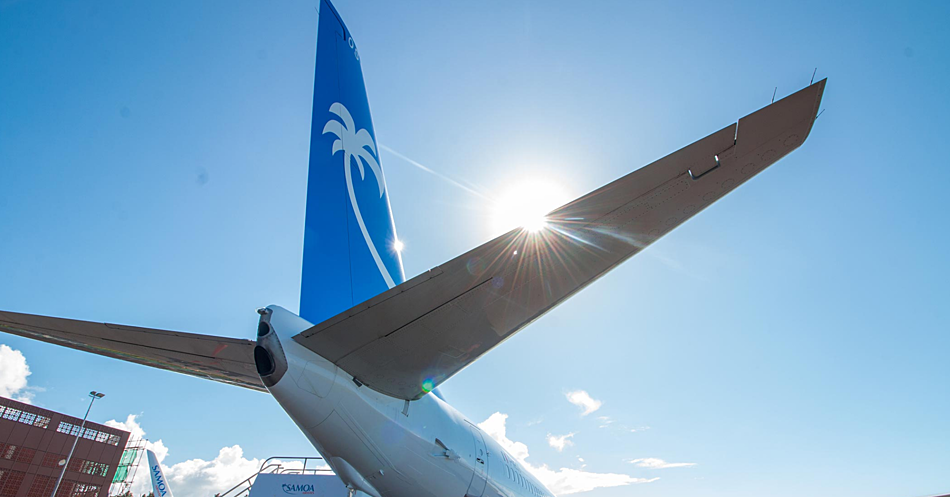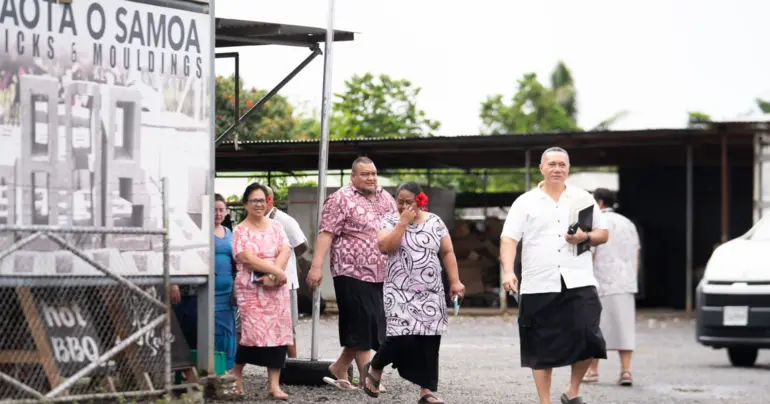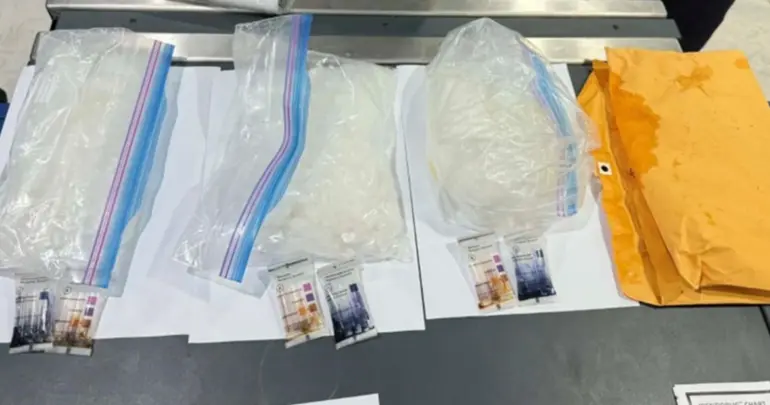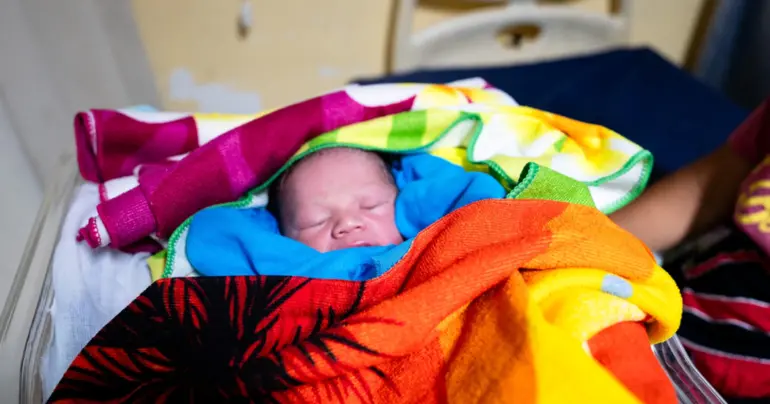Costs of tobacco use: time for action
Five years ago the Tobacco Factory Company made headlines after it was issued a tobacco manufacture license by the previous government to signal the start of local cigarette manufacturing on our shores.
The decision by the Human Rights Protection Party (H.R.P.P.) led administration to issue a license to the company – which at that time was an addition to the Coin Save franchise in Samoa – came under a lot of criticism.
The license was granted just after the authorities decided to raise taxes on cigarette and sugary products, in a bid to arrest the rise in noncommunicable diseases (N.C.D.) amongst Samoans.
Consequently, there was a public uproar with the administration accused of “double standards”, forcing then Minister of Commerce Industry and Labour, Lautafi Fio Purcell to defend their decision.
According to Lautafi, the decision to approve the license for the second cigarette company was made based on a “revenue perspective”.
“The government is also looking at generating revenues to develop the country,” he said at that time.
“The government gets revenue from it and also from excise tax.”
The factory became Samoa’s second tobacco business after the British American Tobacco Samoa (B.A.T.) which opened a local office in 1978 and is today part of the multinational company’s Australasia operations.
Cigarette brands Cocoma, Misada and Cida which were sold in half-packs of 10s and 20s were the company’s flagship products.
But after all the fanfare in 2016, it appears the business venture has now gone belly-up, with the 15 October 2021 edition of the Samoa Observer reporting the company’s closure with its premises at Falelauniu locked and abandoned.
In a recent press conference, Prime Minister Fiame Naomi Mata’afa said the tobacco factory was closed for a number of reasons including non-compliance, which touched on its manufacture license and the terms of the factory’s operation.
So how did this business become a viable investment decision signed off and even defended by the previous government?
Did the previous government conduct a proper feasibility study into the company and its background before putting pen to paper?
In retrospect the public outcry back then over the opening of another cigarette manufacturing plant, immediately after the introduction of higher cigarette and sugary products taxes, is justified.
Referral data from the Samoa Cancer Society for the period June 2014 to July 2015 showed three of the top six cancer types during that period were most likely smoking-related. Lung, pancreatic and rectal cancers are some of the 16 confirmed types of cancer that smoking causes.
This is why it was not logical welcoming another cigarette maker to Samoa in the face of a rising N.C.D. crisis, which has claimed lives and is already placing a burden on the country’s public health infrastructure.
And if Lautafi’s comments back then are any indication, the previous administration placed an emphasis on revenue generation and not public health.
It is mind boggling that our leaders at that time chose revenue generation over public health and wellbeing.
Nevertheless these mistakes should not be repeated.
The closure of the country’s second cigarette manufacturing plant is a good opportunity for the new Government to revisit the World Health Organisation (W.H.O.) Framework Convention on Tobacco Control or W.H.O. F.C.T.C. as it is known by its acronym.
Three years ago a joint mission comprising W.H.O. F.C.T.C. Convention Secretariat, the United Nations Development Programme (U.N.D.P.) and the W.H.O. visited Samoa to launch an investment case as part of the F.C.T.C. 2030 Project.
The project is a global initiative funded by the U.K. and Australian governments to support countries to strengthen W.H.O. F.C.T.C. implementation to achieve the Sustainable Development Goals (S.D.G.s).
The initiative identified tobacco “is a health and sustainable development issue” and its consumption and production causes early death and disease, which can impact on health outcomes and ultimately result in economic losses while triggering socioeconomic inequalities and becoming an obstacle to a nation’s progress to achieve the Sustainable Development Goals.
Data released by the joint mission to Samoa in 2018 showed the dire consequences of tobacco consumption on an unsuspecting island nation’s population: more than 200 Samoans die every year due to tobacco-related illness, accounting for nearly 21 per cent of all deaths in the country; and investing now in five tobacco control measures will prevent more than 950 deaths and avert $150 million tala in healthcare costs and economic losses by 2033.
We all know where we want to be as a country in terms of saving lives and channeling our meager public funds to priority and critical areas.
Not a tough ask for the Health Minister and the Cabinet’s consideration?
Tags











